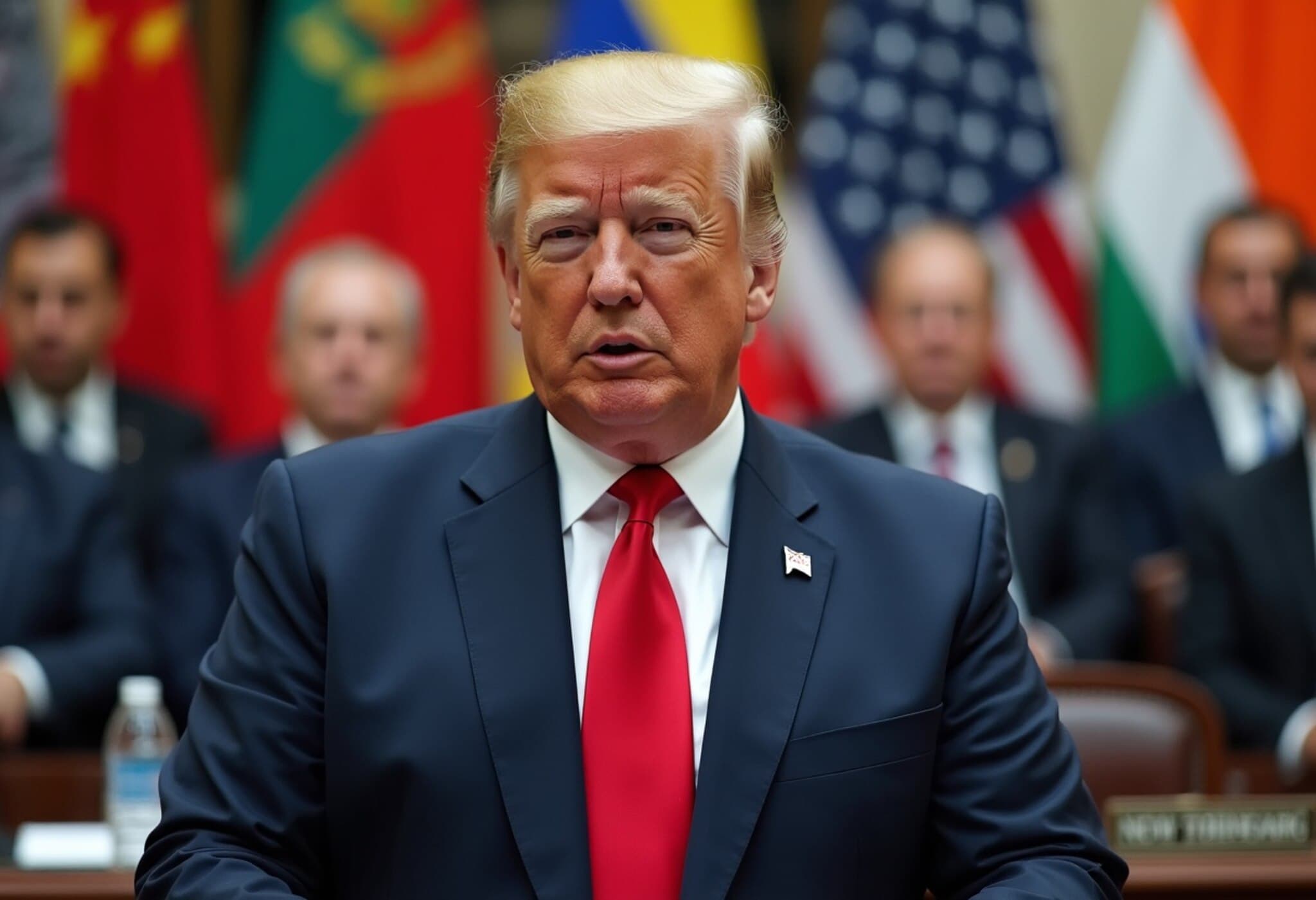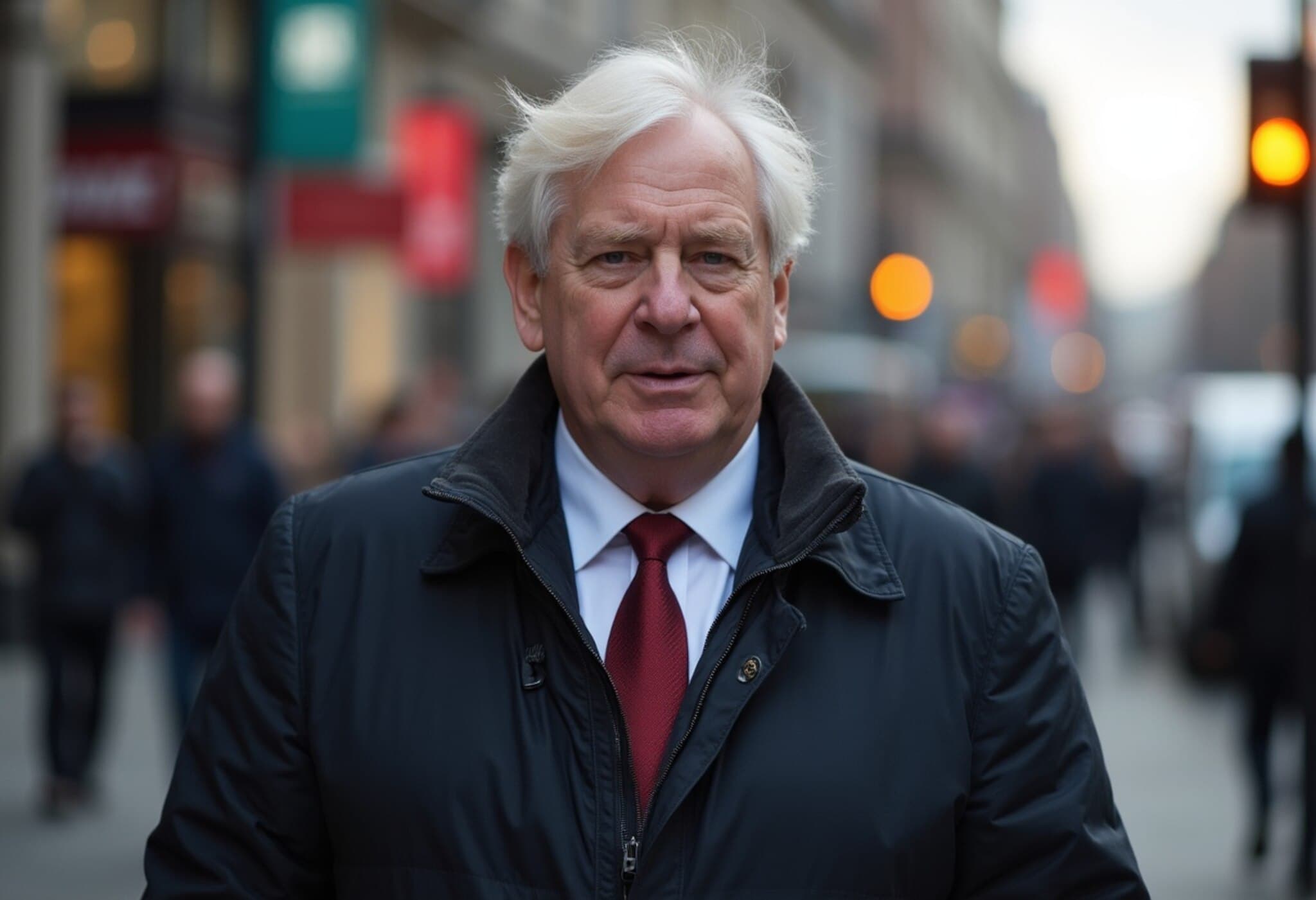UK's Changing Tax Landscape Challenges Its Global Wealth Magnetism
For over two centuries, the United Kingdom has been a preferred sanctuary for affluent international residents, thanks largely to its flexible tax rules and cultural allure. The famed ‘non-domiciled’ (non-dom) status allowed wealthy foreigners to reside in Britain without incurring UK taxes on income and assets held abroad. This unique arrangement attracted billionaire entrepreneurs, financiers, and investors, who found refuge not only in favorable fiscal terms but also in the stability, world-class education, and cultural richness Britain offers.
However, the tectonic shifts in UK policy over recent years have put this long-standing appeal at risk. As the government moves to tighten tax regulations on foreign residents, concerns mount over a possible exodus of billionaires—and the billions their wealth contributes to the British economy.
From Tax Haven to Tax Reform: The Evolution of UK’s Non-Dom Policy
Historically, the non-dom regime underpinned a lucrative fiscal ecosystem. Even with most global wealth shielded, these residents contributed £6.2 billion in taxes during the 2022–23 financial year. This group’s influence is underscored by the fact that the richest 1% is responsible for nearly 29% of the UK’s income tax revenue, highlighting their disproportionate economic importance.
Yet policymakers have recently revamped this framework amid mounting populist pressure, budgetary constraints, and calls for tax fairness. Under former Chancellor George Osborne in 2015, permanent non-dom status was abolished—a move initially met with relative calm. But subsequent reforms by Chancellors Jeremy Hunt and Rachel Reeves have dramatically shortened tax benefits and introduced new inheritance taxes on global assets.
The Unfolding Exodus: When Wealth Looks Elsewhere
The story of Iwan and Manuela Wirth, founders of the prestigious Hauser & Wirth gallery, encapsulates a broader phenomenon. Though culturally enriching the UK, the Swiss couple relocated back to Switzerland citing professional and personal considerations—a move emblematic of ultra-wealthy individuals reconsidering Britain’s long-term value.
Other notable departures include industrialist Lakshmi Mittal and Egypt’s richest billionaire, Nassef Sawiris. The financial world watches closely, as estimates suggest that if just 25% of wealthy foreign residents leave, the UK could suffer a net tax revenue loss, undercutting the very fiscal goals driving these reforms.
Policy Missteps or Necessary Correction?
While the government aims to address wealth inequality and fund essential services, critics argue that the abrupt policy shifts may have been counterproductive. The introduction of inheritance taxes on worldwide assets and the contraction of tax break durations were seen as poorly calibrated, risking capital flight without assured revenue gains.
- Labour’s potential wealth tax: Some voices within the party push for a 2% annual wealth tax on assets exceeding £10 million, estimating £10–11 billion in additional revenue.
- Union support and dissent: Unions endorse wealth taxes as a remedy to long-standing asset inequality, yet some Labour insiders caution against measures that might stymie growth.
- Expert economic warnings: Tax Policy Associates founder Dan Neidle labels aggressive wealth taxes as “fantasy politics,” warning they could accelerate departures of high-net-worth individuals.
International Competition: A Race for Global Capital
While Britain tightens its grip, other nations refine their allure. Italy, for instance, presents a compelling alternative with a 15-year exemption on foreign assets in exchange for a fixed annual payment and inheritance taxes as low as 4%. This pragmatic approach, coupled with political stability, poses a stark contrast to the UK’s shifting and unpredictable landscape.
The Ripple Effects on Culture and Economy
The exodus goes beyond fiscal implications. The departure of wealthy foreigners diminishes not only tax revenues but also the vibrant cultural contributions and economic activities tied to this demographic. The Wirths’ efforts in rural Somerset rejuvenated local arts and tourism, while financial sector dynamism and elite educational institutions feel the subtle strain as tax concerns deter relocation decisions.
Charting a Path Forward: Balancing Fairness and Competitiveness
There is growing consensus that a more balanced tax framework could preserve the UK’s competitive edge. Proposals include a simplified, long-term tax arrangement—perhaps a decade-long agreement with a fixed fee for domestic taxation paired with inheritance tax exemptions on offshore wealth.
Ultimately, Britain’s legacy as a global magnet for wealth hinges on maintaining equilibrium between fiscal responsibility and the incentives that once made it so appealing. As Brexit reshapes the geopolitical and economic context, the UK faces a pivotal question: can it recalibrate its policies to welcome wealth without compromising public good, or will it witness an irreversible shift in its economic fabric?
Editor’s Note
The UK’s evolving approach to taxing wealthy foreign residents illuminates the complex dance between economic pragmatism and social equity. While the drive for greater tax fairness addresses legitimate concerns about inequality, the risk of alienating those who contribute disproportionately to the economy remains high. Observers should watch how these policy adjustments impact not only government revenues but also cultural vitality and international competition. The coming years will reveal whether Britain can strike a sustainable balance or inadvertently push global capital—and the opportunities it brings—elsewhere.



















